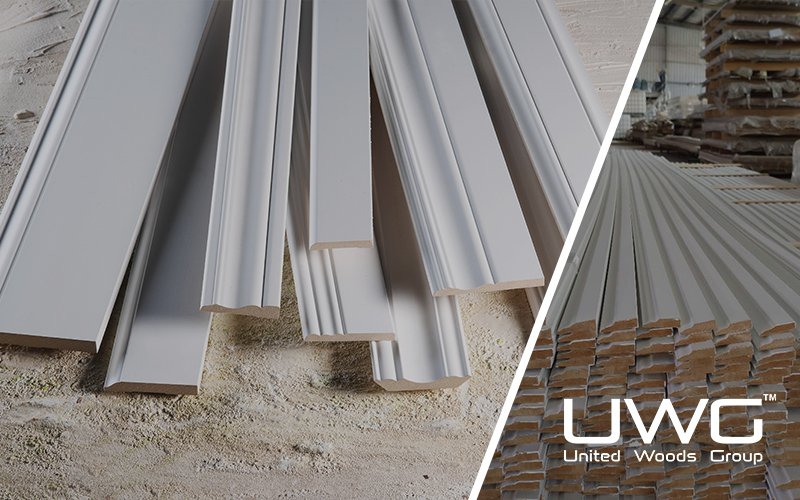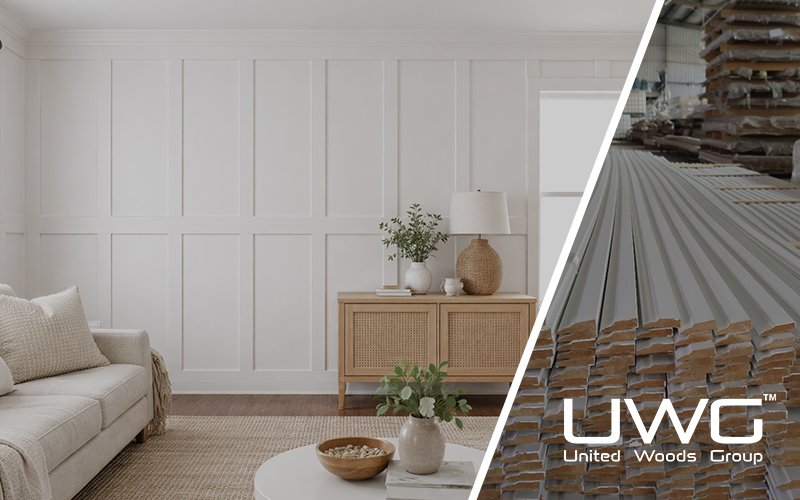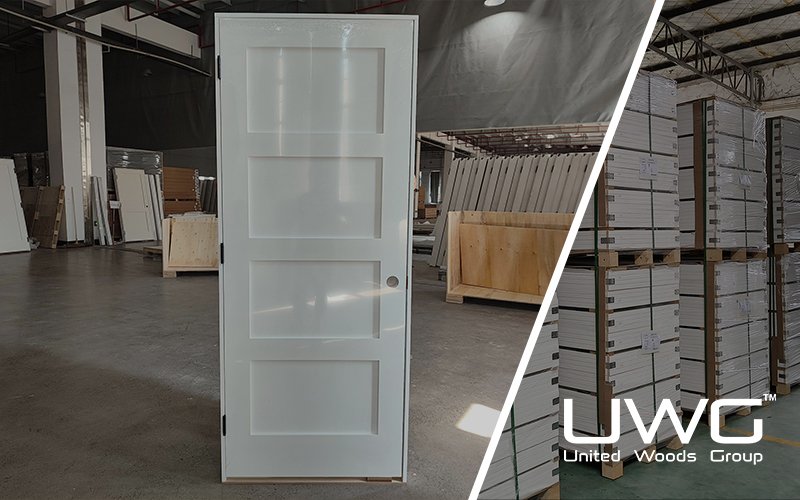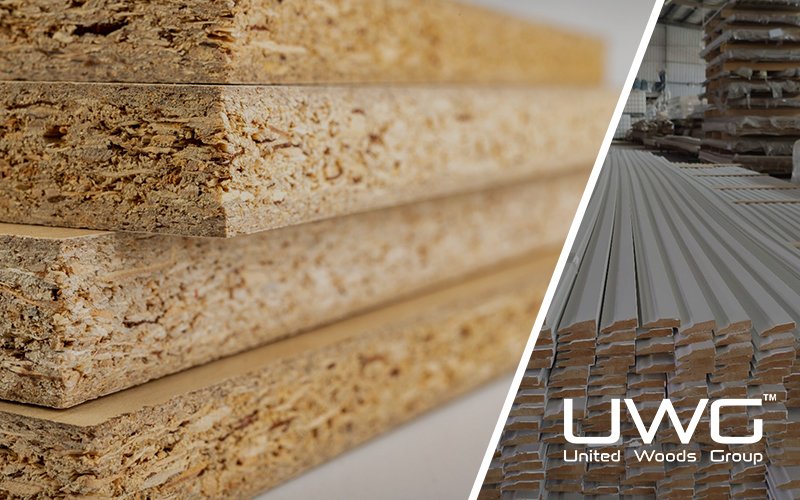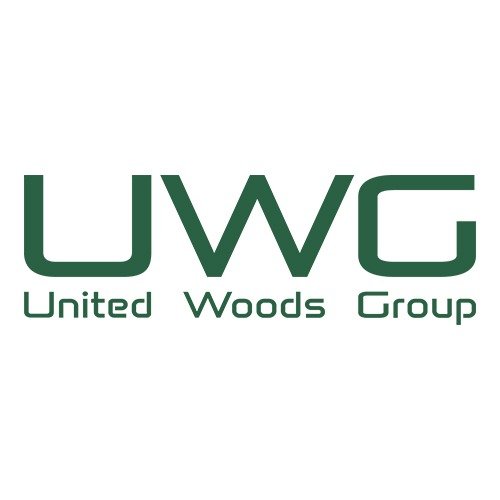Starting in August, Brazil will introduce new tariff increases on various construction materials such as lumber, steel, and wood-based products. This change is part of Brazil’s broader effort to manage inflation and protect its domestic industries. For North American builders, this will likely result in higher costs for materials previously sourced from Brazil, alongside potential delays in delivery and disruptions in supply chains. Builders will need to adjust their budgeting and project timelines as these materials become more expensive and harder to obtain, putting additional pressure on costs and schedules.
To mitigate the impact of these tariff changes, builders should consider finding reliable and suitable suppliers who can offer stable pricing and timely deliveries. Directly partnering with professional manufacturers and cutting out the middleman will help builders avoid additional markup costs and ensure better price control. Furthermore, working with suppliers who offer low MOQ (Minimum Order Quantity) flexibility will allow builders to adjust their material orders based on project needs without overcommitting to large, expensive quantities upfront. These strategies will enable builders to reduce costs, maintain schedules, and stay competitive despite the challenges posed by tariff increases and global disruptions.
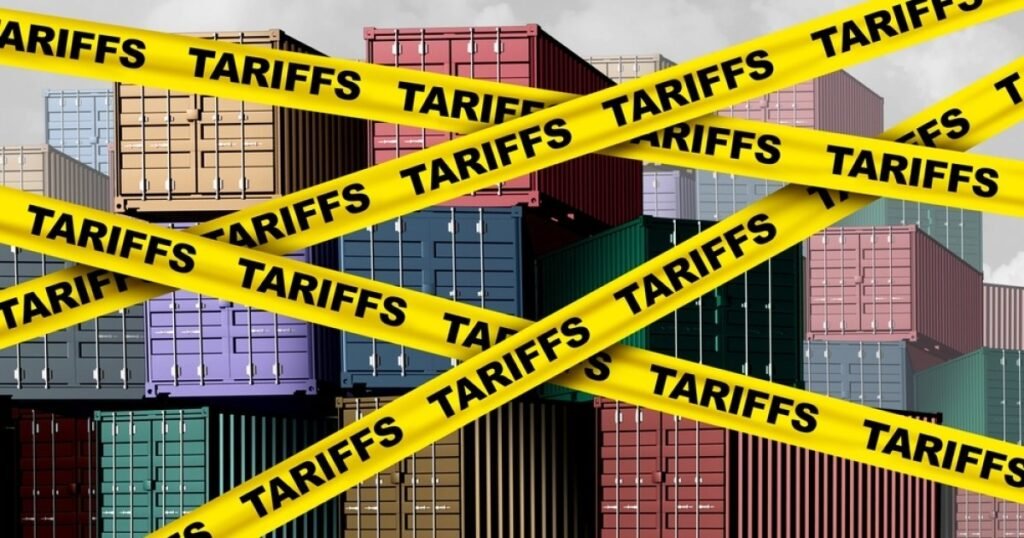
Reliable Sourcing to Combat Supply Chain Disruptions
With the rising tariffs and disruptions in global supply chains, reliable sourcing has become critical for North American builders. As tariffs increase and supply chains face further delays, maintaining a steady supply of quality materials is essential to keep projects on track. Here’s how a trusted supplier can help mitigate the impact of these challenges:
- Strong Industry Expertise With years of experience in the construction supply industry, we’ve built strong relationships with trusted global manufacturers. This allows us to source materials efficiently, ensuring both quality and consistency. Our expert team understands the complexities of international trade and tariffs, so you can rely on us to navigate the challenges and deliver the right materials on time.
- Extensive Material Availability Our sourcing network spans a wide variety of materials, ensuring rich availability for all types of projects. Whether you need lumber, wood mouldings, or specialized hardware, we can provide a broad selection of products to meet your project needs. Having diverse material options allows us to offer flexibility, ensuring that you get the best quality at the right price.
- On-Time Delivery Timely delivery is one of our core strengths. With our well-established logistics network and streamlined processes, we guarantee on-time shipments regardless of global disruptions. This reliability is essential for builders who cannot afford delays due to material shortages or slow shipping times caused by tariffs and other logistical challenges.
- Stable Pricing Despite Tariff Changes With direct access to factory pricing and long-term relationships with manufacturers, we can absorb tariff impacts without passing excessive cost increases onto you. This ensures that your projects remain within budget even in the face of changing international tariffs, allowing you to keep costs predictable.
By partnering with us, builders can overcome supply chain challenges, stay on schedule, and benefit from cost-effective solutions that help avoid the disruptions caused by tariff increases and material shortages.

No Middleman, No Markup: Direct Factory Pricing to Maximize Savings
As a direct manufacturer, we cut out the middleman and deliver products straight from the factory to you—ensuring you get the best possible price without the additional markup that comes from intermediaries. This means that you can source materials at competitive prices, giving you substantial savings compared to traditional retail or wholesale sourcing methods.
- Lower Costs, Higher Value Without middlemen, you’re paying only for the materials and labor involved in manufacturing, without any additional markups added along the way. This allows you to access lower material costs, resulting in significant savings for your projects.
- Transparency in Pricing By working directly with the manufacturer, you get clear and transparent pricing. There are no hidden fees or extra costs, which means you can plan and budget more effectively, knowing exactly what you’re paying for.
- Quality Control As the manufacturer, we maintain strict quality control at every stage of production. With no third parties involved, you can trust that each order is built to your specifications with consistent quality, and that all materials meet your project standards.
- Faster Communication and Decision-Making Working directly with the source means faster decision-making and quicker response times. If you need a custom solution or adjustments to your order, you can communicate directly with the production team, ensuring a smoother and more efficient process.
- Reliable Lead Times Direct factory relationships help ensure that your production timelines remain on track. Without relying on third-party distributors, we can streamline the process, reducing delays and providing you with on-time deliveries, no matter the scale of your project.
By cutting out the middleman, we provide builders with cost savings, better quality control, and faster turnaround times, helping you complete your projects on time and within budget.
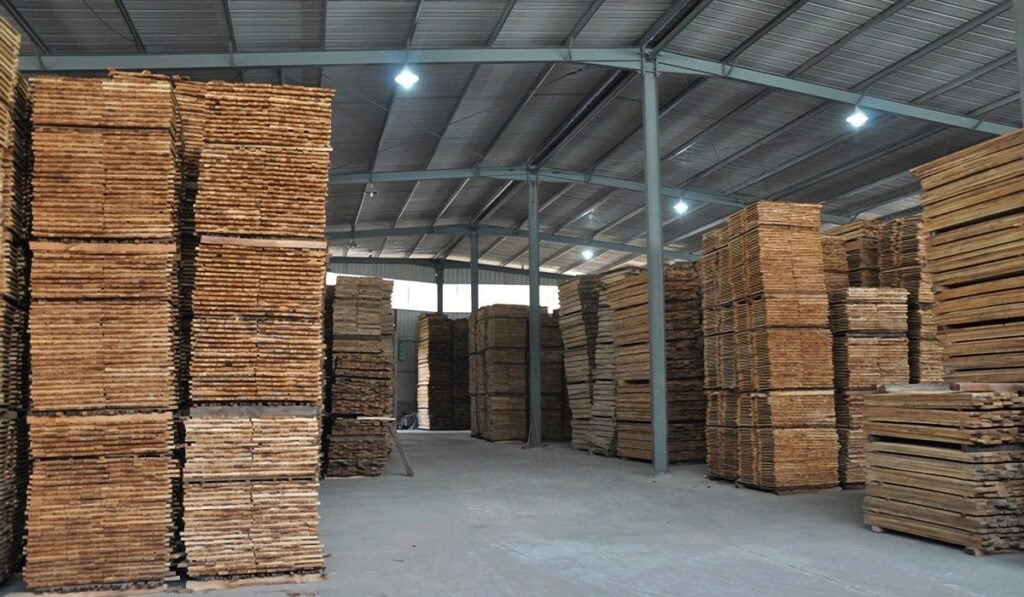
Low MOQ Flexibility: Perfect for Multi-Family Projects with Varied Demand, Reducing Inventory Risk
When it comes to multi-family projects, one of the biggest challenges builders face is managing inventory levels while ensuring they have the right materials on hand to meet the fluctuating demands of the project. Low Minimum Order Quantities (MOQ) offer a perfect solution, providing the flexibility to source exactly what’s needed without over-committing to large quantities. This is especially crucial in projects where demand can vary between different building phases, tenant preferences, or unit designs.
Why Low MOQ Flexibility Matters
Multi-family projects often come with diverse design requirements for kitchens, bathrooms, and common areas, each of which may require different materials, finishes, and quantities. For instance, while one unit may need high-end finishes for the living room, another may require cost-effective options for guest areas or utility spaces. With low MOQ options, builders can:
- Order smaller quantities of specialized materials, reducing the risk of holding large, expensive inventory that may go unused.
- Adapt to changing design choices without being stuck with excess stock that doesn’t align with the project’s evolving needs.
- Reduce upfront investment by only purchasing what is necessary at each stage of the project, easing cash flow and keeping costs manageable.
Reducing Inventory Risk
Inventory risk is one of the primary concerns for builders, especially when managing large-scale projects. With traditional high MOQ requirements, builders often face the risk of over-ordering and being left with surplus stock that may not fit into future phases or other projects. This leads to:
- Wasted space and storage costs.
- Tied-up capital that could be better used elsewhere.
- Material obsolescence if the stock becomes outdated or incompatible with later design updates.
Low MOQ flexibility alleviates these risks by enabling builders to maintain just-in-time inventory, ensuring that materials are ordered and delivered only when needed. This minimizes waste and keeps materials fresh, reducing both the risk of overstocking and understocking.
Ideal for Projects with Varied Demand
In multi-family projects, where designs, specifications, and materials can differ between units or phases, low MOQ flexibility becomes an invaluable tool. It allows builders to meet the demands of the project without committing to excessive quantities up front. Whether it’s custom cabinetry, specialty finishes, or unique door styles, this approach allows for:
- Tailored solutions for individual units.
- Cost-effective procurement, especially for units with diverse design requirements.
- Efficient inventory turnover, keeping costs down while still meeting high standards.
In summary, low MOQ flexibility is an essential strategy for multi-family projects with fluctuating demand. By reducing inventory risk, builders can ensure that their projects stay on budget, reduce waste, and remain adaptable to the ever-changing needs of modern developments.

Conclusion: Ensuring Project Success with Smart Sourcing Strategies
In conclusion, the strategies of Reliable Sourcing, Direct Factory Pricing, and Low MOQ Flexibility are key to overcoming the challenges posed by rising tariffs and supply chain disruptions. By leveraging reliable suppliers, eliminating middleman costs, and adapting to project demands with flexible order quantities, builders can reduce costs, maintain on-time deliveries, and minimize inventory risk. These approaches ensure that your projects remain efficient, cost-effective, and adaptable in a dynamic market.



